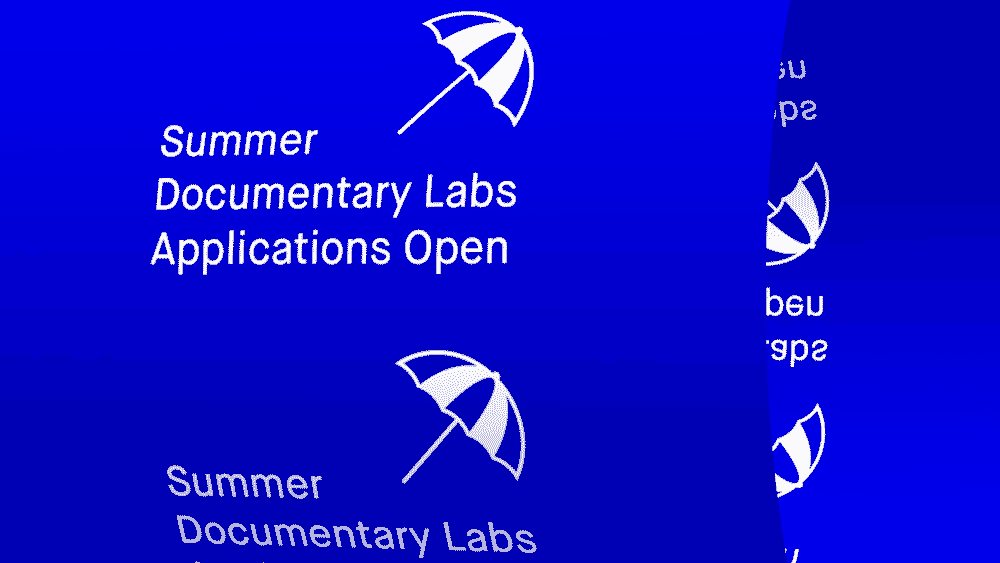Jan 17, 2015 at 7:30 pm
Providence & Friends
Curated by Faith Holland & Seth Watter.
Magic Lantern presents Providence & Friends, a broad sampling of recent New England film, video & multimedia performance.
This past summer, Magic Lantern put out a call for its first submission-based program. They were interested in seeing contemporary work by local artists in the vicinity of Providence, Boston, and New Haven, and in bringing this work to the attention of others in a timely celebration of regional filmmaking. All of the artists featured in Providence & Friends are, or were until very recently, based in the area.
Providence & Friends ranges from small, unpretentious 8mm love letters to the most advanced digital manipulations, from beautiful abstractions to politicized travelogues, and from the finished form of recorded media to the contingencies of live performance. Its scope is as big as Providence is small.
Featuring works by Sarah Abu Abdallah, Alexander Dupuis, Dave Fischer, Tara & Gordon Nelson, Mariya Nikiforova, Adrian Randall, Deirde Sargent, Asha Tamirisa, Derek Taylor, Arvid Tomayko-Peters, Matthew Underwood, Freddie Wiss.
Program
Mariya Nikiforova, Rewards, 16mm, 2014, 4.5 min.
A destructive physical and chemical process reveals hidden energies in a forgotten Boston green space. The resulting debris alternately evoke graffiti, stained glass, natural decomposition, and the effects of heatstroke on a tired brain. The minimally sourced soundtrack, composed in collaboration with Stefan Grabowski, explores the way in which we sometimes “hear” what we see and vice versa.
Tara & Gordon Nelson, Sad Mall, super 8, 2013, 4 min.
A late winter, long-distance Super 8 love letter between Boston (shot by Gordon) and Ithaca (shot by Tara). All edits are in-camera. Original soundtrack by Shades of Fawn (Gordon and Tara Nelson). Shot on Ektachrome 100D.
Deirdre Sargent, Sea Screen, digital video, 2014, 2.5 min.
A digitized citizen with her aquatic fantasies is only able to digest experience through screen imagery. The “screen” becomes anything with an clear, flat surface, such as an aquarium – the aquarium becomes a television and the TV a tank. With an interest in the lo-fi and and situating a cranium in between a screen and camera, this video explores our imagined experiences through screen relationships.
Alexander Dupuis, That Which Pulls, digital video, 2013, 10 min.
That Which Pulls applies John Whitney’s principles of differential motion to resynthesize sound and image data into new audio visual material. The resulting sounds and video are cut up, layered, and recombined to create a piece that explores the dynamic interplay between the emergent auditory and visual gestures, focusing on the counterpoint between their patterns of chaos and resolution.
Derek Taylor, Someone to Ride the River With, digital video, 2008, 5 min.
A map of recollection, the film consists of 286 35mm Kodachrome stills of varying landscapes, which mine the depths of memory. The film also pays homage to a patient photographer, whose lyrical impressions of the world evoke a feeling of genuine perception.
Asha Tamirisa, OX, digital video, 2014, 7 min.
Adrian Randall, The Bourgeois Agony of Travel, digital video, 2014, 12 min.
The Bourgeois Agony of Travel is an experimental travelogue which reflects on the images, spaces, screens, and pixels of travel. Recorded over four years, the film explores how we relate to screens as both the virtual reality of cosmopolitanism, and as a form of deep, personal connection.
Dave Fischer, Aura Display, digital video, 2014, 5 min.
Aura Display is a short bit of abstract dancing geometry, in tribute to the device in the film Akira that shows people’s psychic powers. It was written in 100% hand-coded Postscript.
Freddie Wiss, Black or White, digital video, 2007, 3 min.
Black or White is a film that explores the ambiguity of identity and perception with psychological vignettes that are fluid, tense and enigmatic… culminating in a bit of anxiety and despair.
Arvid Tomayko-Peters, Spontaneous Pigeon Vortex, digital video, 2014, 7.5 min.
Spontaneous Pigeon Vortex is an exploration of improvisation with realtime audio and video manipulation using custom software. The music was recorded in four takes of trumpet and drums (sometimes simultaneously) and realtime manipulation those recordings. The video manipulation was recorded in realtime using original footage from Arches National Park, Colorado National Monument, Narragansett Bay, Providence and highways in Colorado, Utah and Ontario, with only a few small tweaks in post production.
Sarah Abu Abdallah, The Salad Zone, digital video, 2013, 21 min.
Disarrayed glimpses of multiple narratives such as that of familial domestic tensions, a juvenile dream of going to Japan, the tendency to smash TVs in moments of anger and eating fish. While using scenes from the artist’s surroundings and life in Saudi Arabia like streets or malls, it never attempts to provide the whole picture but takes a rhizomatic approach to tell a story of the everyday life.
Matthew Underwood, Arley Marks & Allen Riley, multi-media performance, 2014, 15 min.
An array of analog electronics, folk noise gear, and scientific instruments create harsh and strange sounds. Custom computer software will generate visuals in real-time in response to these sounds.
120 minutes
Magic Lantern Cinema is an experimental film and video series based in Providence, RI. Since 2004, its various members and guest curators have focused on eclectic and thematic programming of film, video, and new media art, while also bringing experimental features, long-form cinema, and multimedia performance to the Providence area. Magic Lantern is supported by grants from the Malcolm S. Forbes Center for Culture and Media Studies at Brown University and the Robert Rauschenberg Foundation. It is currently organized by Josh Guilford, Seth Watter, Beth Capper, and Faith Holland.






